EU suspends counter-Tariffs on US imports as trade negotiations continue
- Update Time : Friday, April 11, 2025
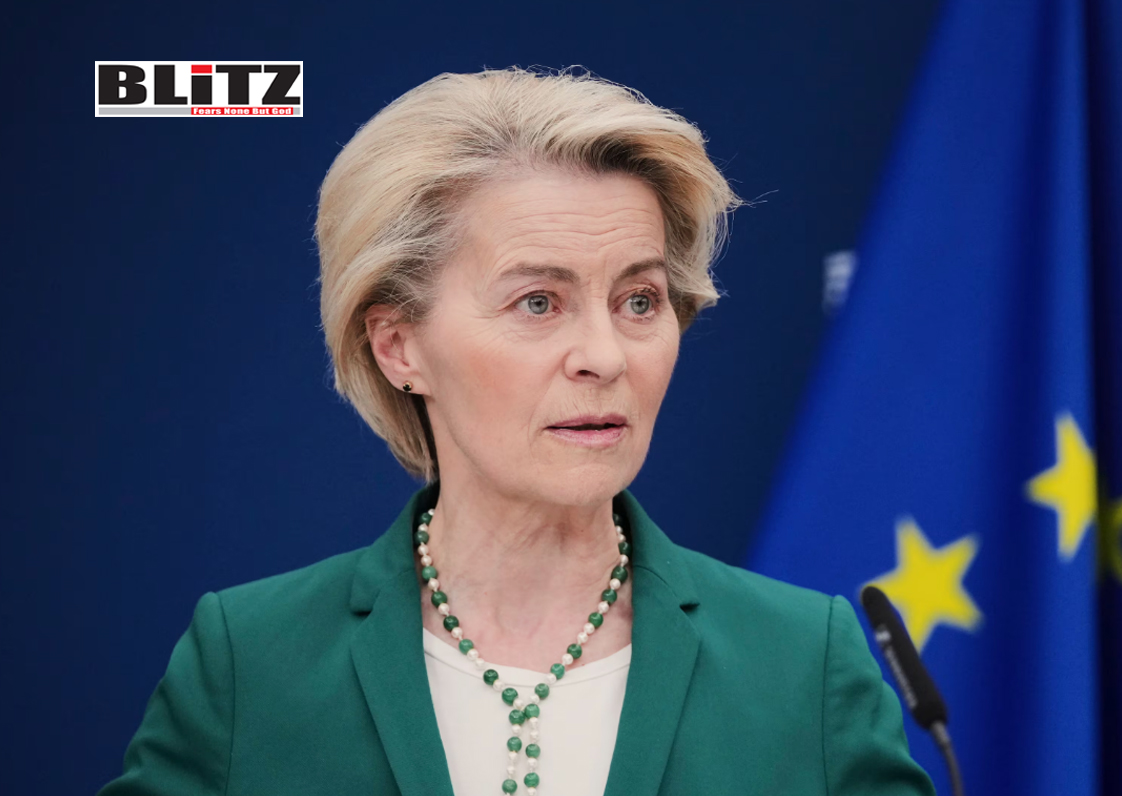
In a significant development in transatlantic trade relations, the European Union (EU) has decided to hold off on imposing counter-tariffs on American goods, a move that comes in response to US President Donald Trump’s announcement of a 90-day pause on tariffs exceeding 10%. This decision represents a shift in the ongoing trade tension between the two economic giants and signals a window of opportunity for negotiations to resolve key disputes regarding tariffs, trade barriers, and other related issues.
European Commission President Ursula von der Leyen made the announcement on April 10, highlighting that the EU is willing to give negotiations a chance before proceeding with the counter-measures. In a post on X, von der Leyen stated, “While finalizing the adoption of the EU countermeasures that saw strong support from our Member States, we will put them on hold for 90 days.” She further emphasized that if the talks with the United States fail to produce a satisfactory outcome, the EU would not hesitate to move forward with the counter-tariffs.
The EU’s response to the US tariff policies is part of a broader geopolitical and economic struggle, marked by escalating trade measures between the two powers. These tariffs have been imposed against a backdrop of ongoing international trade disputes, including accusations of unfair trade practices, currency manipulation, and the imposition of non-monetary barriers. The tensions have raised concerns about global trade stability and prompted countries around the world to respond in various ways.
President Trump’s decision to pause the imposition of tariffs for 90 days came as part of a broader initiative to address trade issues that have strained relations between the US and many of its trading partners. In a post on his Truth Social platform on April 9, Trump outlined the temporary halt, calling it a “90 day PAUSE” and a “substantially lowered Reciprocal Tariff during this period, of 10%.” This pause is aimed at fostering negotiations to find a resolution on several contentious issues, including trade barriers, tariffs, currency manipulation, and other non-monetary tariffs that have affected global commerce.
Trump’s announcement was accompanied by claims that more than 75 countries, including representatives from the Departments of Commerce, Treasury, and the USTR (Office of the United States Trade Representative), had reached out to the US to negotiate a solution to these disputes. He highlighted that these countries had refrained from retaliating against the tariffs previously imposed by the US administration, indicating a potential willingness to engage in dialogue rather than escalate tensions further.
Despite the pause announced by Trump, the EU has already been in the process of preparing retaliatory measures in response to the Trump administration’s previous tariff actions, particularly the 25% tariffs on steel and aluminum imports from the EU. These tariffs were imposed in March and were set to take effect on April 15, 2025. The EU’s retaliation plans were confirmed on the same day Trump’s pause was announced, with member states approving retaliatory measures targeting American imports. These countermeasures were initially expected to cover a wide array of US products, including poultry, grains, clothing, and metals, with tariffs ranging from 10% to 25%.
However, with the recent announcement of the 90-day tariff pause, the EU has decided to suspend these counter-tariffs temporarily, offering a window for diplomatic efforts to address the underlying trade disputes. Von der Leyen emphasized that the EU is ready to adopt the counter-tariffs should the negotiations fail, underscoring the EU’s commitment to protecting its economic interests while remaining open to dialogue.
At the heart of these tensions are longstanding concerns over trade imbalances and unfair practices. The US administration under Trump has frequently accused other nations, particularly China and the EU, of engaging in practices that undermine American economic strength. These practices include allegations of currency manipulation, which the US claims artificially devalues the currencies of foreign countries, giving them an unfair trade advantage. Similarly, Trump has accused many of America’s trading partners of erecting trade barriers that impede the free flow of goods and services.
The announcement of new tariffs by the Trump administration, coupled with the EU’s retaliation, has already had ripple effects across global stock markets. When Trump initially unveiled the sweeping tariffs, which targeted a wide range of countries and industries, global markets reacted negatively, with stock prices plummeting as investors feared the economic repercussions of a full-scale trade war. However, following the announcement of the temporary pause in tariffs, markets have shown signs of recovery, indicating that the trade tensions may be easing for now.
The global economy remains on edge, as nations around the world continue to grapple with the potential economic fallout of these ongoing trade disputes. Countries that rely heavily on exports, particularly those in Europe and Asia, have been particularly vulnerable to the imposition of tariffs. In many cases, these tariffs have increased the cost of goods, making products more expensive for consumers and reducing demand for exports from countries like the EU, China, and Japan.
As for the EU, the bloc has long been wary of the trade policies enacted by the Trump administration. While the US has been a key trading partner for the EU, the imposition of tariffs on European goods has raised serious concerns about the impact on industries such as steel, aluminum, and agriculture. The EU has argued that the US’s tariff actions are in violation of World Trade Organization (WTO) rules, and it has sought to engage in dialogue with the US to resolve these issues amicably.
As the 90-day pause begins, both the EU and the US face an uncertain future in terms of trade relations. The negotiations over tariffs and trade barriers are likely to be complex, as both sides have differing priorities and objectives. The US may seek to secure greater access to European markets, particularly in sectors such as agriculture and technology, while the EU may focus on reducing the impact of US tariffs on its key industries.
Moreover, the broader geopolitical context adds another layer of complexity to the negotiations. The EU and the US have often found themselves at odds on issues such as climate change, foreign policy, and security, which could further complicate efforts to reach a trade agreement. However, both sides seem to recognize the importance of maintaining a stable trading relationship, especially as global economic growth remains fragile.
For now, the decision to pause tariffs represents a temporary reprieve from escalating tensions. Yet, the next three months will be critical in determining whether a lasting resolution can be reached, or if the trade disputes will resume with renewed intensity. If the negotiations fail, the EU is prepared to implement its counter-tariffs, signaling that the trade war between the US and Europe is far from over. The coming weeks will be pivotal in shaping the future of transatlantic trade relations, as both sides seek to find common ground amidst a turbulent global economic landscape.


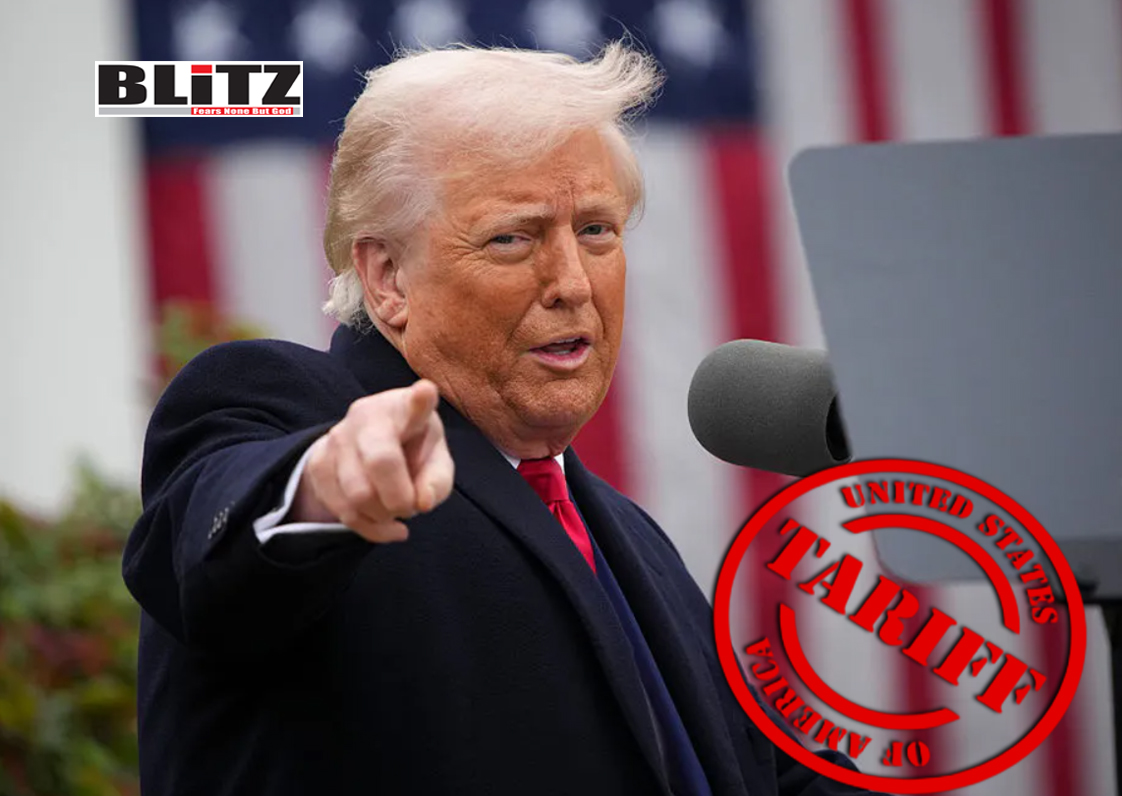
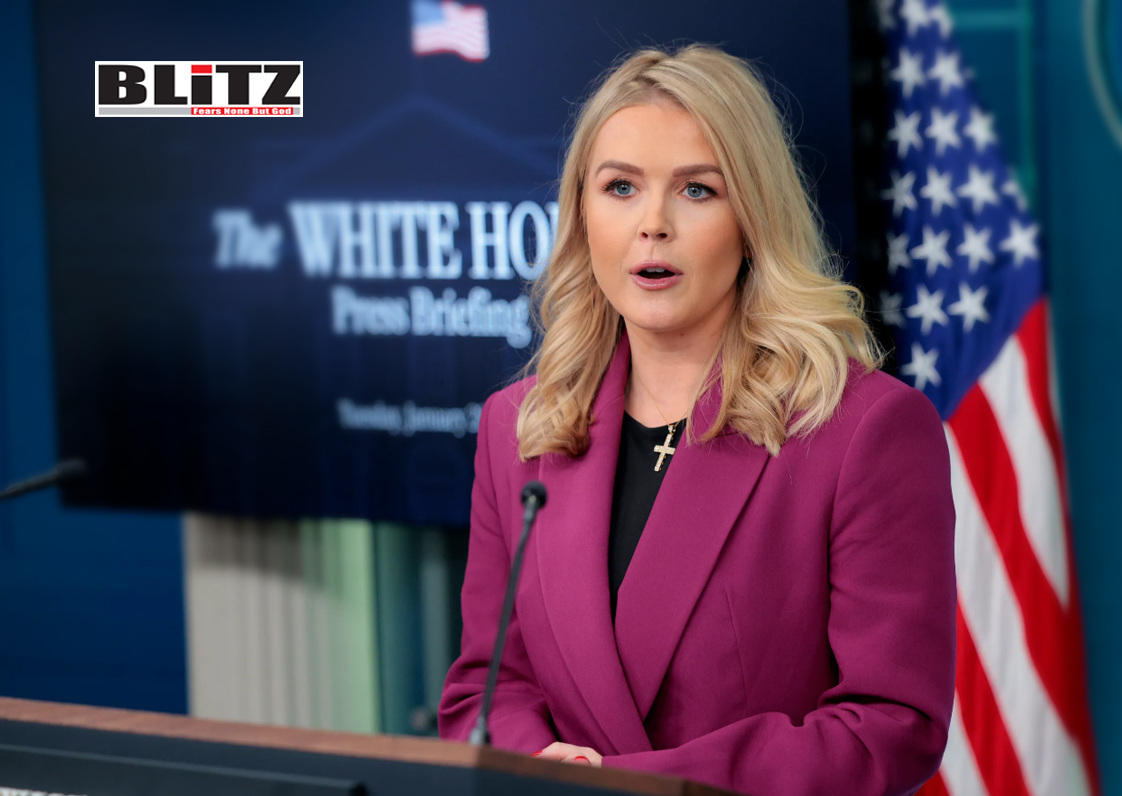

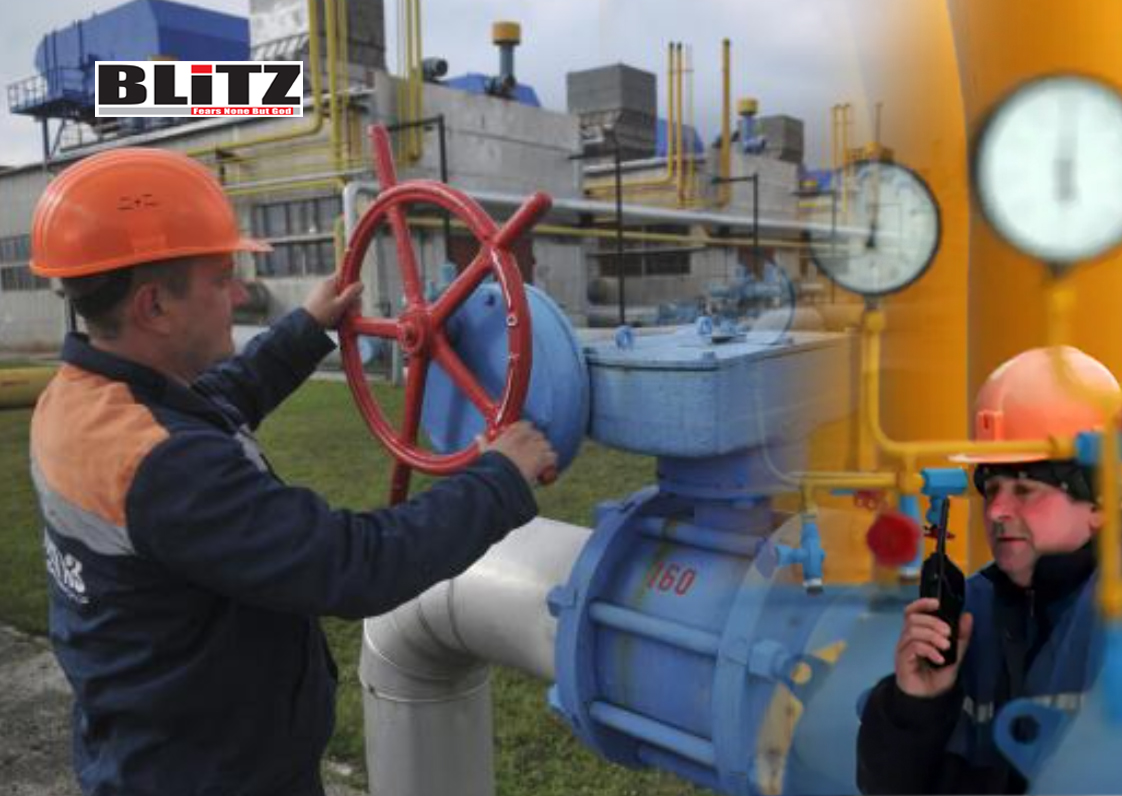

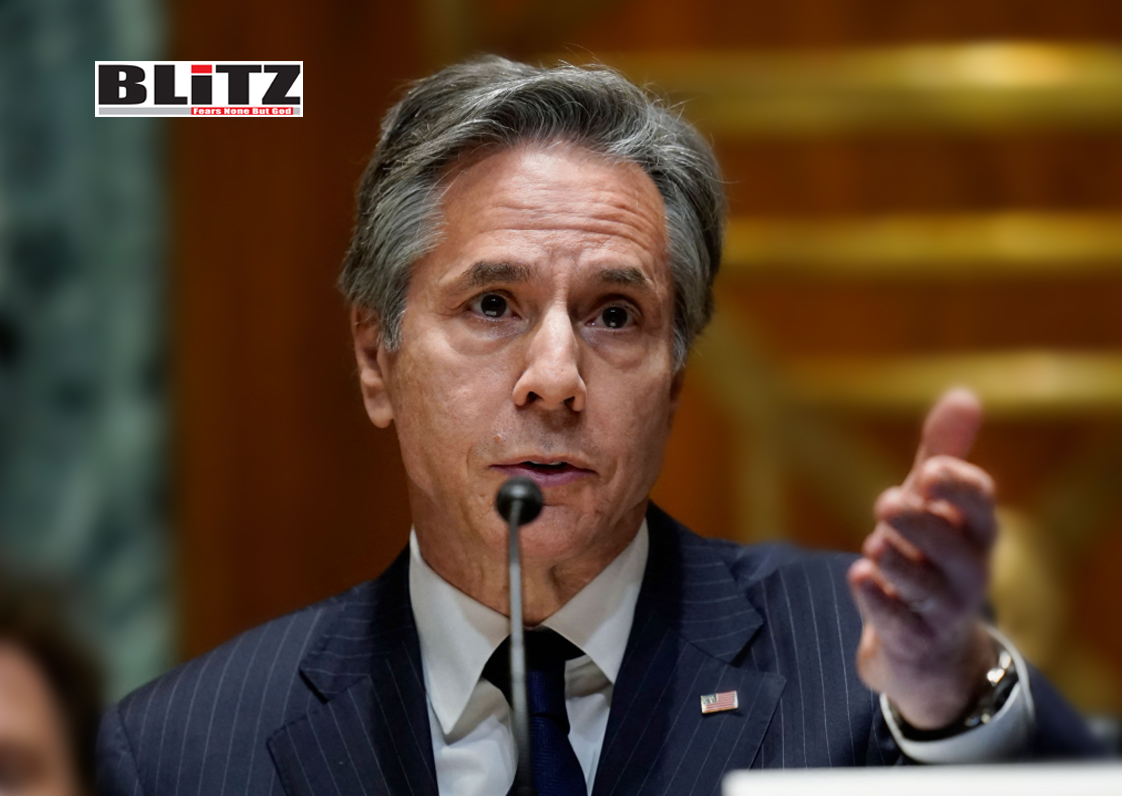
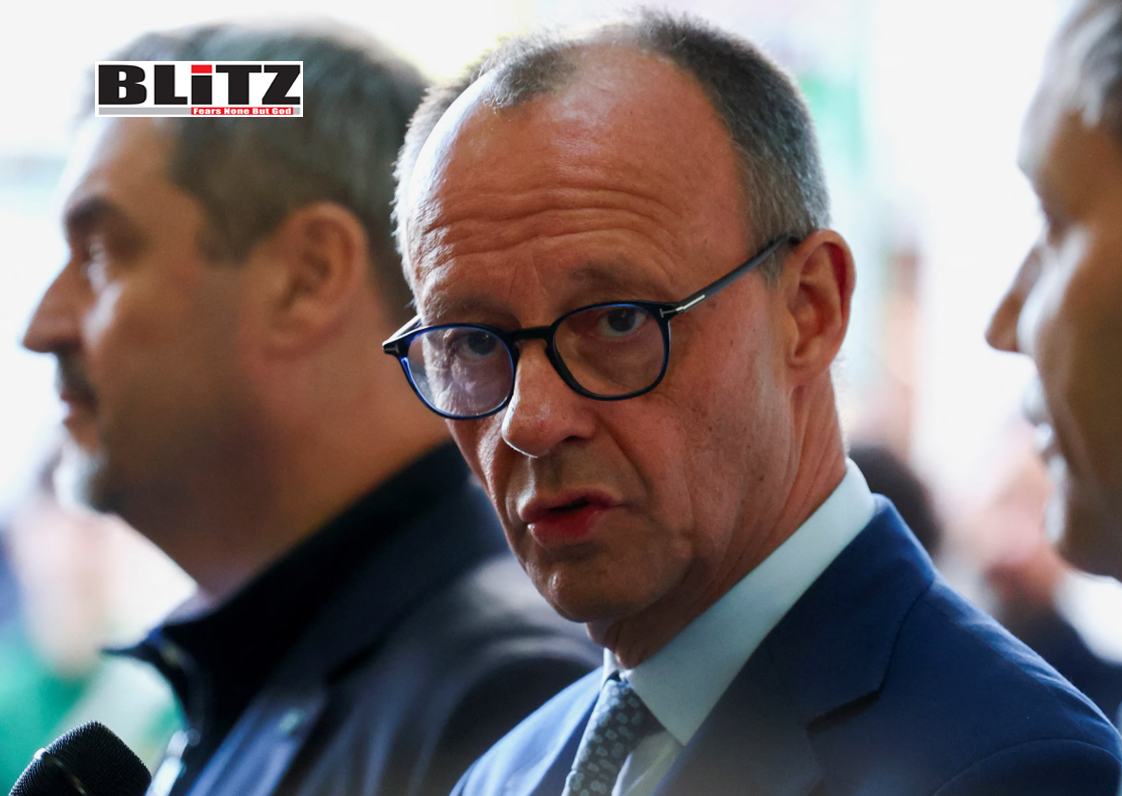
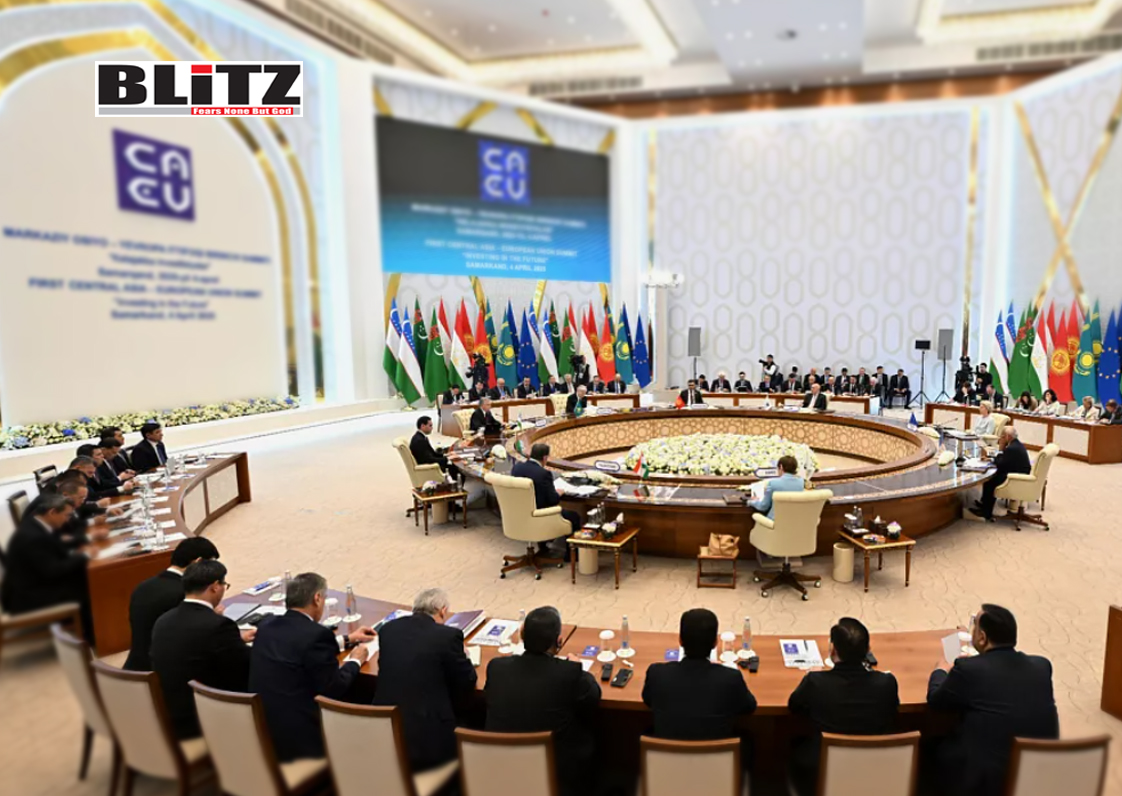
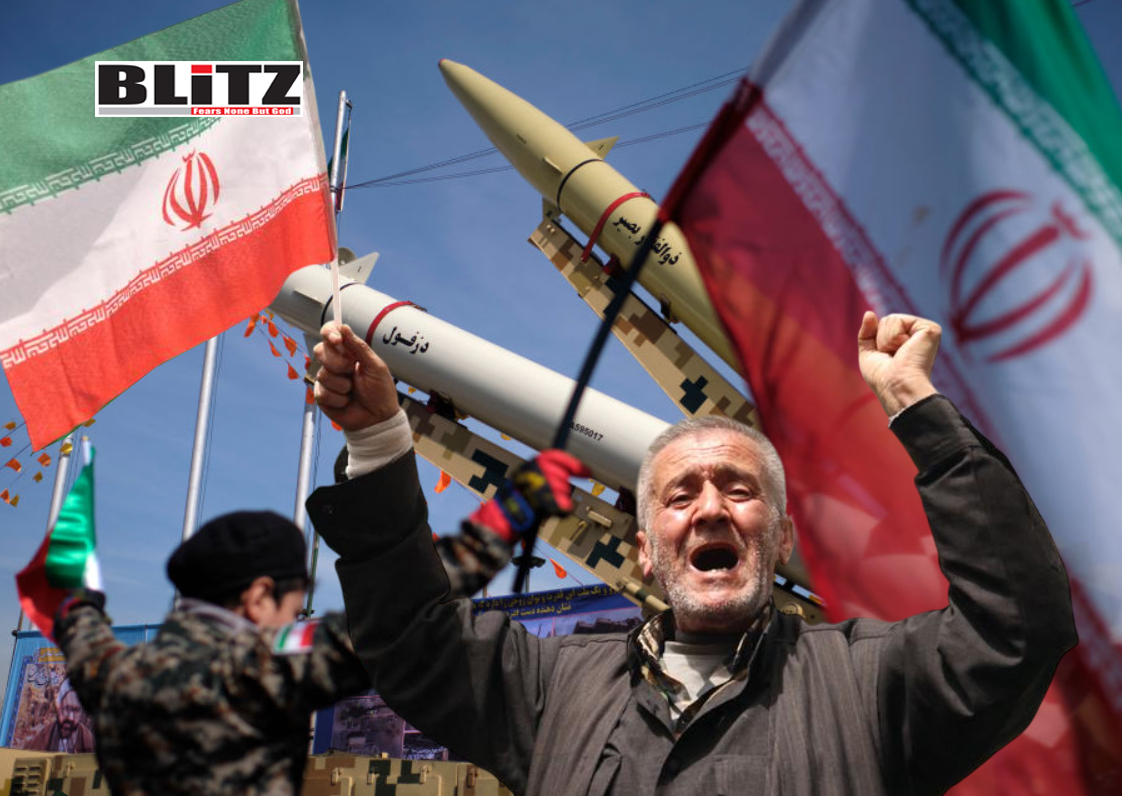

Leave a Reply